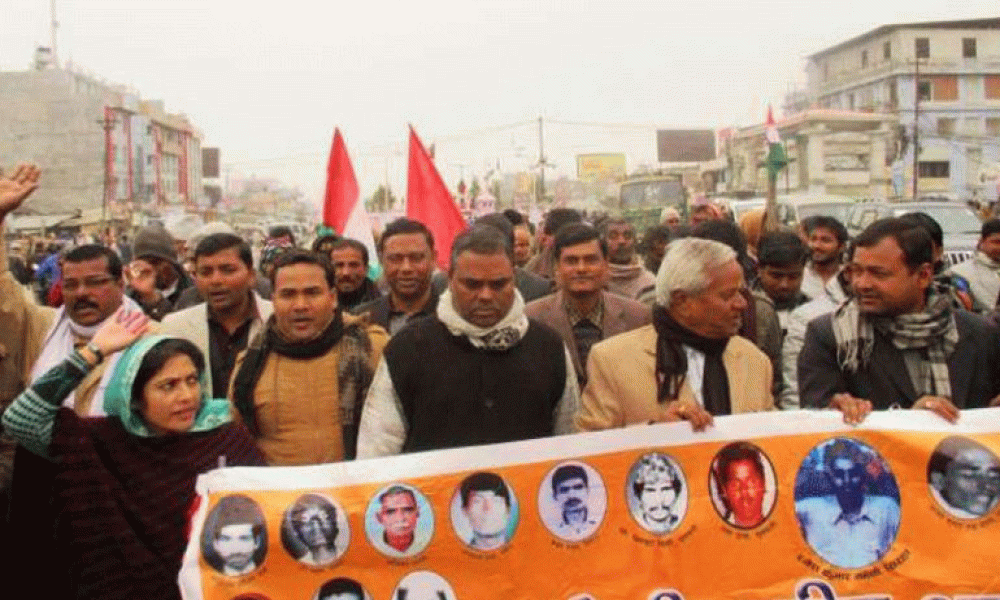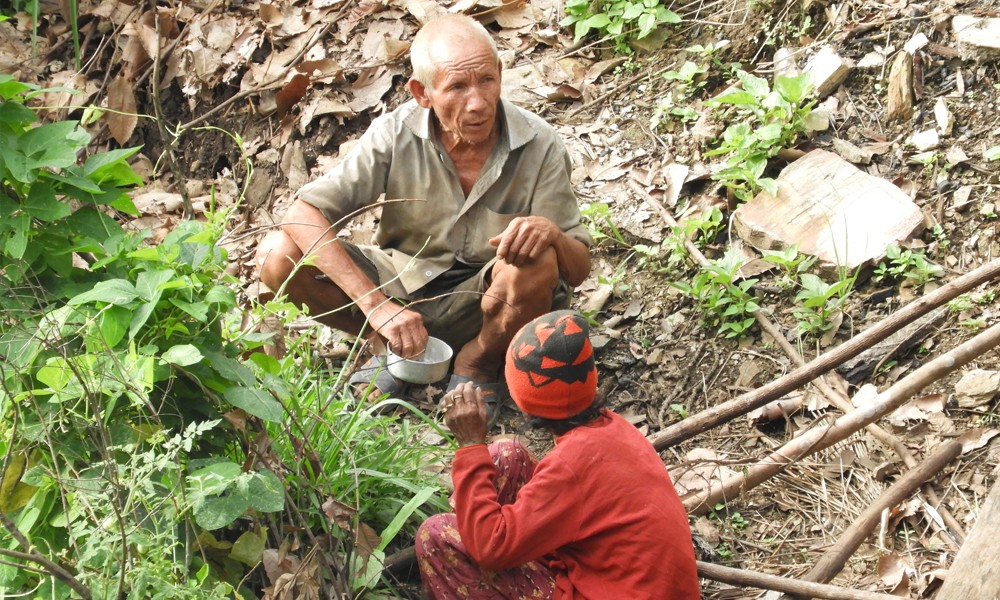Ram Kumar Dixit
Colonization is a form of exploitation. The colonizers use human capital and natural resources of the colonized countries for their own growth and development. This is what Kathmandu did to Madhes – Nepal's southern plains region. The Bahun-Chhetri rulers of Kathmandu got hold of the low-lying lands stretched between Mechi and Mahakali in two phases. First it was 1816 and then it was 1860. But the rulers did not treat people living in Madhes as Nepali citizens. Madhes remained much like a colony of Kathmandu for centuries. Even today, Madhesi people face several forms of exploitation and discrimination.
The Bahun-Chhetri rulers of Kathmandu are themselves not indigenous people of Nepal. They came to Nepal in different periods of history to after being defeated by other more powerful communities in several parts of the Indian sub-continent. They were heartily welcomed by indigenous people living in hills and mountains of Nepal for centuries. But they eventually rose as the rulers, and indigenous people were marginalized.
But Nepal's political landscape is changing. The marginalized and exploited communities are now speaking up for their rights and dues. They can no longer be silenced and subdued. They can longer be told off saying that Nepali nationalism faces threats from the south and the north. They have realized that nationalism in Nepal's context is nothing but just propaganda by the rulers to protect their reins.
Nationalism is an emotional concept. People are ready to die for it. But nationalism promoted by the Nepali state is narrow, and it promotes only one ethnicity and culture.
Nationalism is an emotional concept. People are ready to die for it. But nationalism promoted by the Nepali state is narrow, and it promotes only one ethnicity and culture. People speaking other languages than Nepali, following other religions than Hindu and wearing other attires than Daura-Suruwal have been made to feel outsiders in the narrowly-defined Nepali nationalism. So fears of threat to nationalism no longer work to exploit and marginalize Janajatis, Madhesis and other minority groups.
Raju Nepal recently wrote in Nagarik daily that anti-India sentiment is growing in Nepal after India's economic blockade. His argument sounds valid on the surface. But reality is different. Nepali leaders have always tried to provoke people against India for their political gains. But they are always in the race to outsmart each other to get closer to India. Maoist leader Prachanda left everyone behind in criticizing India. But he ended up trying hard to butter New Delhi once he became Prime Minister.
Most of Nepali politicians and intellectuals get regular salaries, allowances and scholarship for their children from the Indian embassy. And they try to serve the interests of India in whichever way they could. Only their rhetoric is anti-India. In recent history, they have signed anti-nationalists treaties and agreement with India. If any community is a true nationalist in Nepal, it is Janajati, Tharu and Madhesi. They have always fought for and protected Nepali sovereignty.
(The writer is an advocate)









